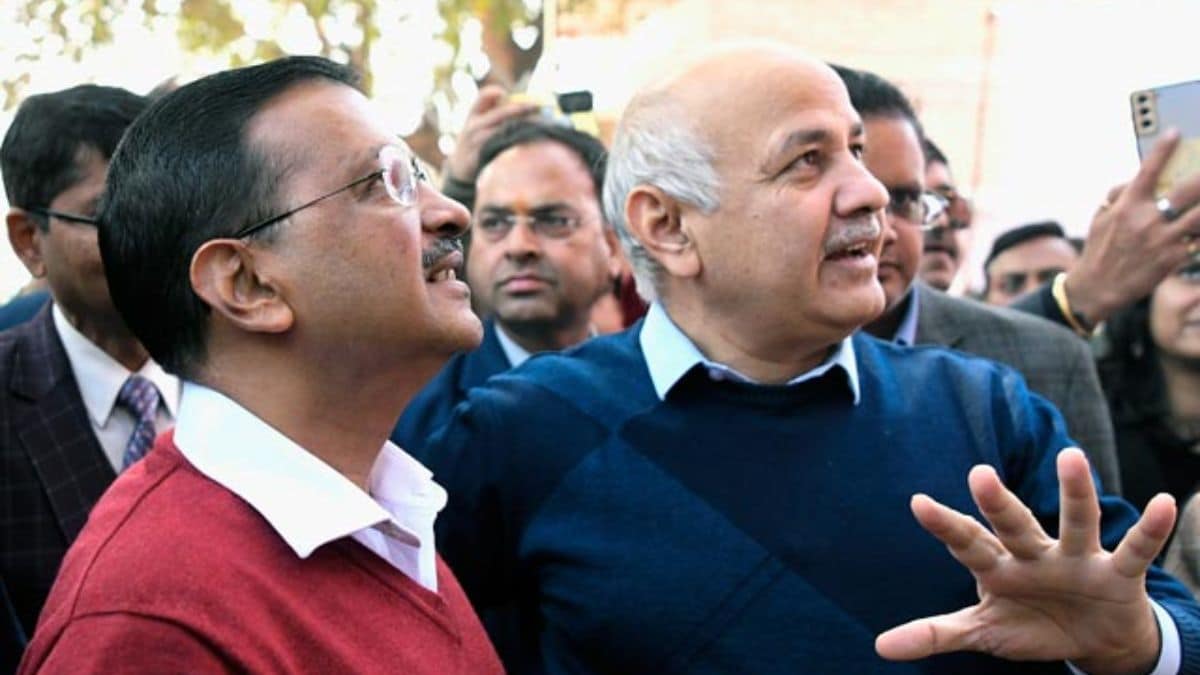
You don’t have permission to access “http://www.ndtv.com/india-news/arvind-kejriwal-to-hold-rally-at-jantar-mantar-on-sunday-11151610” on this server.
Reference #18.54a5c117.1772309592.3b8aa0be
https://errors.edgesuite.net/18.54a5c117.1772309592.3b8aa0be
